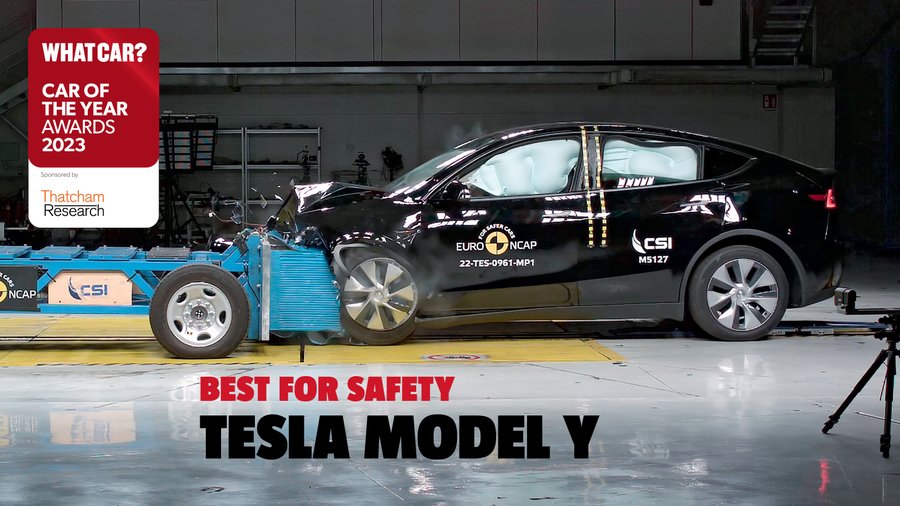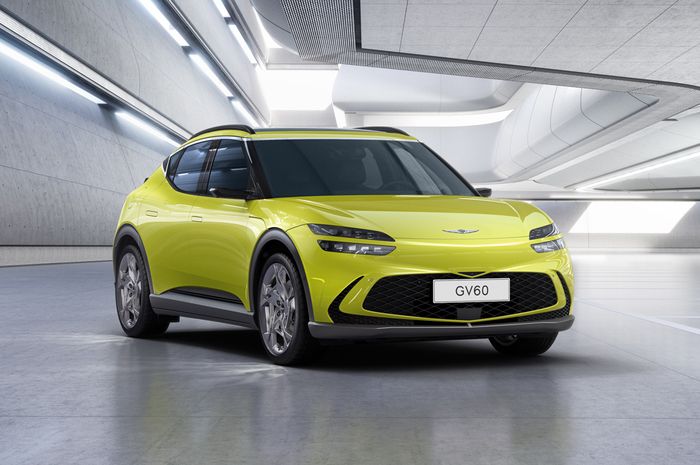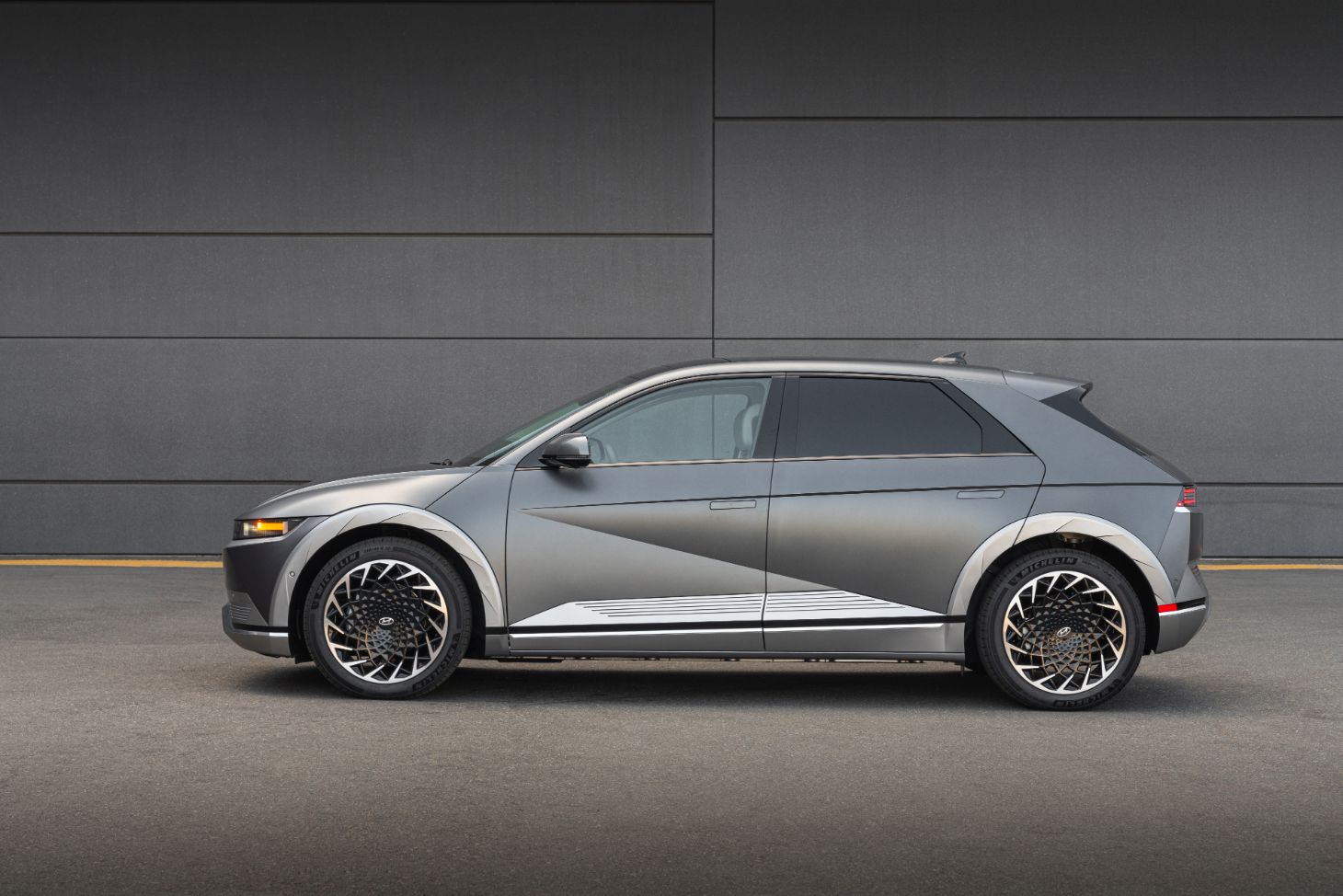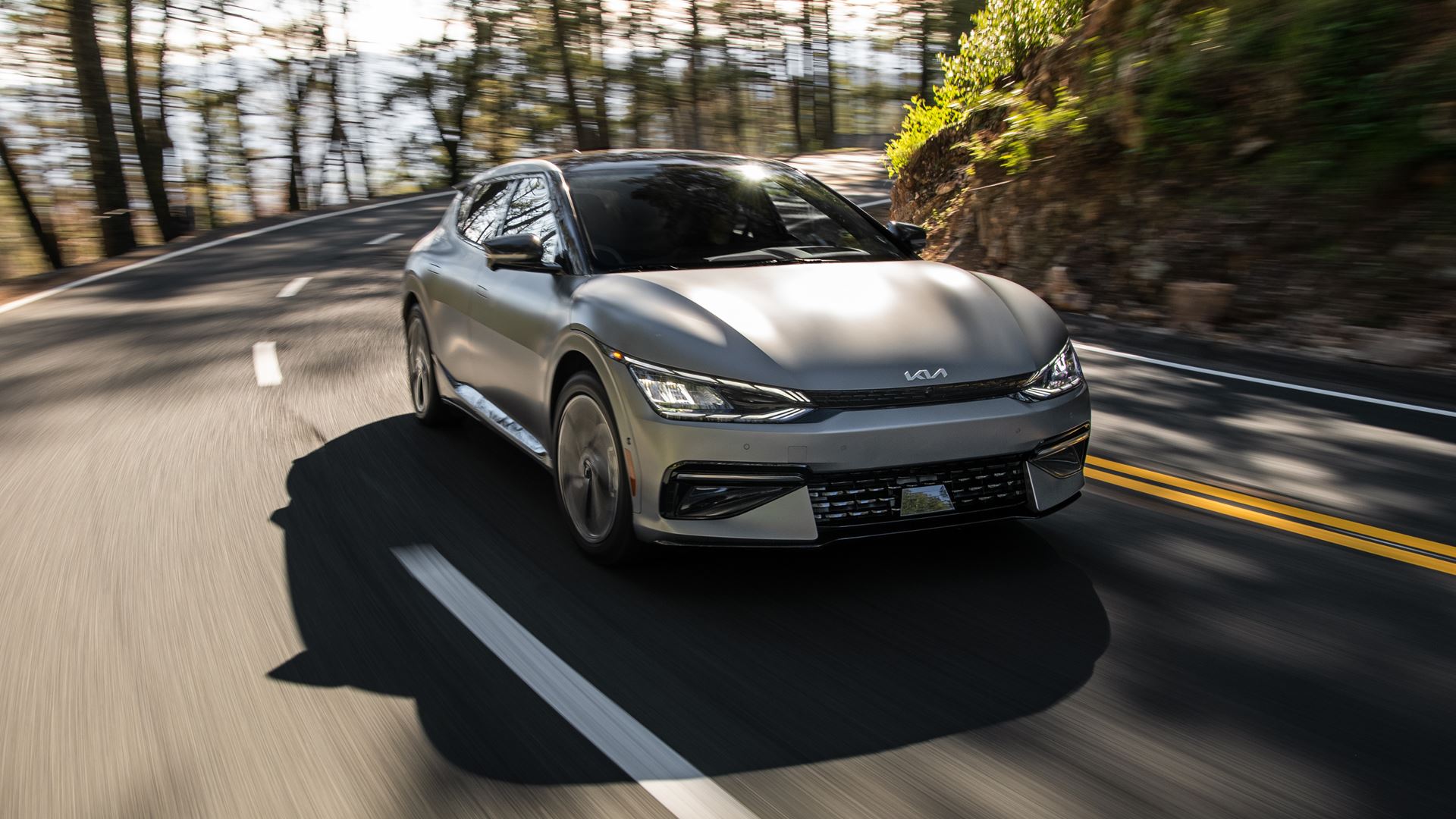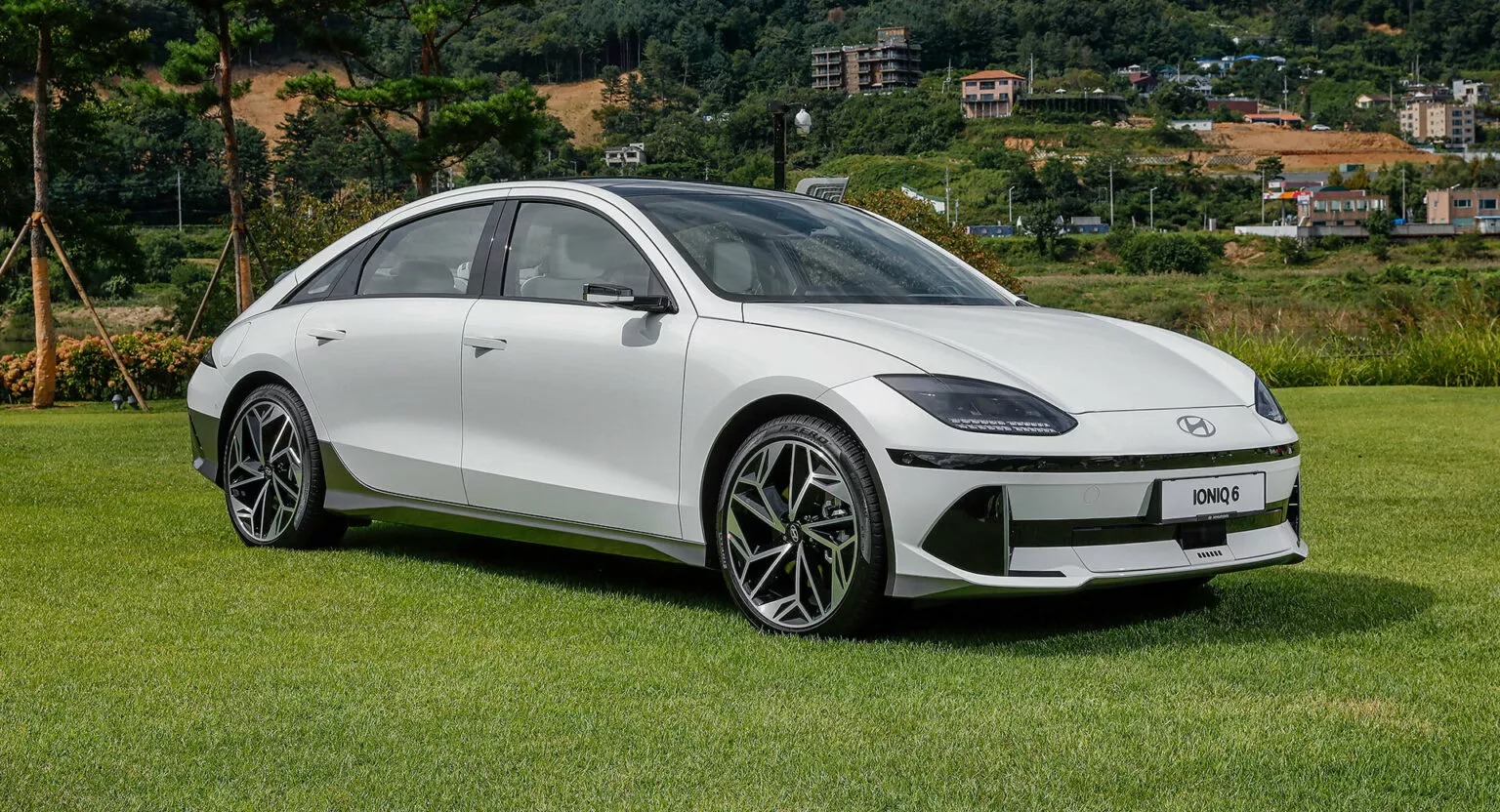The Tesla Model Y has been awarded the Safety Award by What Car? for its 2023 Car of the Year Awards. The judges took into account both active and passive safety features, as well as the purchase price, given the significant impact large volume sales have on overall road safety.
Safety has always been a priority for Tesla, and the company’s vehicles have consistently received well-above-average collision ratings from agencies such as the National Highway Transportation Safety Administration, which awarded the Model Y a five-star rating for crash safety. Tesla has also collected numerous top safety awards and ratings since the Model S was first released in 2012.
Now for the What Car? Safety Award held in association with @ThatchamRsrch.
Our winner has the highest ever @EuroNCAP safety rating for both adult occupant protection and safety assistance technology.
It’s the @Tesla Model Y!#WhatCarAwards pic.twitter.com/qW7PGuAMkL
— What Car? (@whatcar) January 19, 2023
In addition to the award from What Car?, the Model Y has also received the Insurance Institute for Highway Safety’s Top Safety Pick+ award for 2022, and a five-star rating from the European New Car Assessment Programme (Euro NCAP), earning the highest overall score in its most recent, more stringent tests. The Model Y’s Safety Assist rating is the highest among all vehicles tested by Euro NCAP to date.
What Car?, the UK’s leading car-buying brand, noted that Tesla is quick to adopt newer safety advancements made by competitors, citing the inclusion of airbags between the front seats of its vehicles as an example. Despite its relatively high cost, the Model Y is selling well, with What Car? stating, “If you can afford it, it’s the model to choose for keeping you, your family, and other road users safe.”
In the video linked below, Matthew Avery, chief of research strategy for Thatcham Research and What Car? consumer editor, Claire Evans, discuss the safety features of the Tesla Model Y. Thatcham Research, the UK’s only Euro NCAP-accredited safety testing center, plays a crucial role in evaluating the protection vehicles offer during a crash, assessing their ability to avoid a crash, and developing testing protocols for new technologies.

